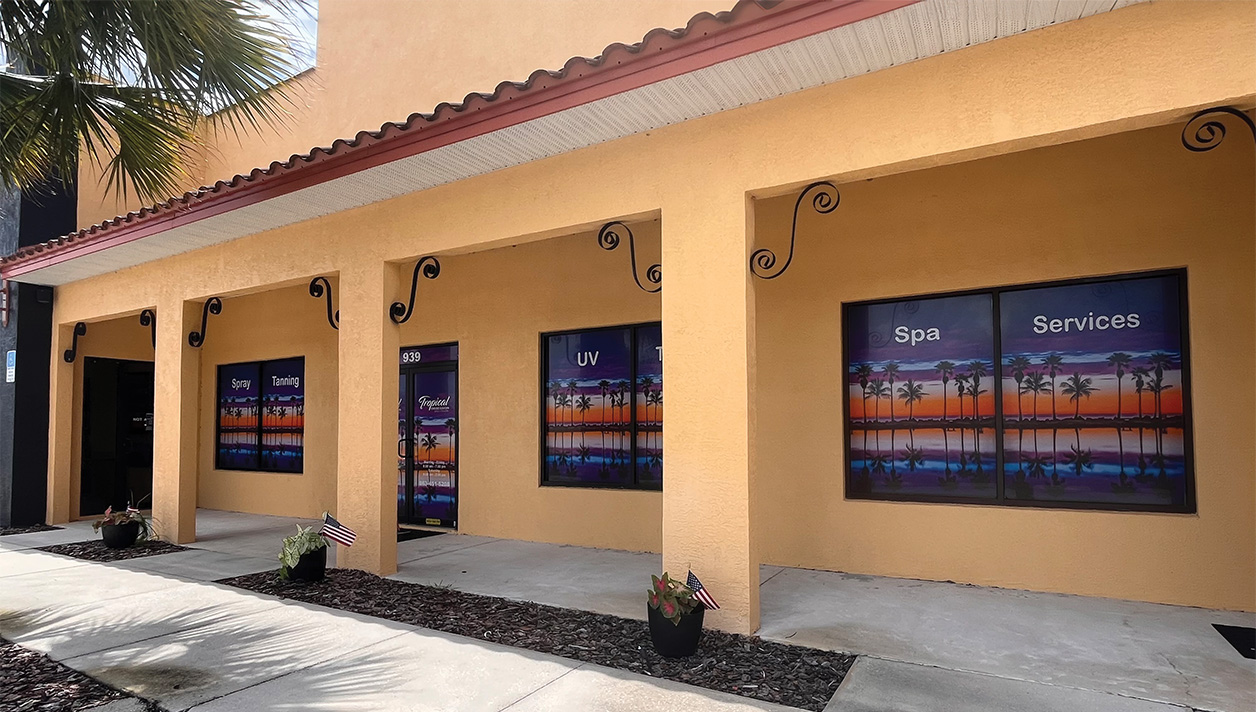Put on Your C.A.P. and Evolve as a Sales Leader
[gap height=”15″]
Don’t you wish you felt like someone wasn’t trying to merely sell you something and instead, was really on your side and wanted you to be happy with your purchase? Wouldn’t a world with less pushy salespeople be nice? The best salespeople don’t simply adhere to acronyms like ABC – Always Be Closing – or the “X”-step processes that remove the humanity from sales interactions. The majority of selling is not technique, but plain old people skills.
[gap height=”15″]
When people are asked what makes a great salesperson, they’ll often cite characteristics like listening, asking great questions, caring more about the buyer than themselves, building rapport and being liked as people, handling objections well and shutting up. These are all behaviors that can be found in the three values every great salesperson must possess.
[gap height=”15″]
Let’s dispel the myth of what selling is. Most salespeople will tell you that they sold something and yet, if you think about it, they did not sell anything without someone buying it. Selling is not the action, so really, salespeople could be called facilitators of buying. “To sell” sounds aggressive and can put the customer in a defensive position, and the inherent “tricks of the sales trade” often leave buyers with a sour taste in their mouths. There is a better methodology that goes to the core of why we sell in the first place – and it’s one that is not financially-driven. For salespeople, believing in and selling a product or service that can improve an aspect of a buyer’s life should be the primary motivator. It’s much better than selling just to hit a target or benchmark.
[gap height=”15″]
Once you establish a purpose aside from financial gain, there are three distinct values and some adjoining behaviors that drive the best salespeople. The acronym C.A.P. is easy to remember and you will see that after we talk about all three, you or great salespeople you see will have this C.A.P. on every day.
[gap height=”15″][gap height=”15″]
What is the first value? Are you curious? The first value is Curiosity.
[gap height=”15″]
Curiosity is the value that drives the best to want to know what is behind the reason why people are buying something. Why do some salespeople create rabid fans around buying their products and services when others do not? It’s because these salespeople add value.
[gap height=”15″]
Let’s pretend you have a paperclip company that sells plastic paperclips in ten colors and three sizes. Let’s also say that these paperclips are three-times more expensive. The first salesperson, Jim, goes to call on clients and pushes the paperclips. He has yet to meet his numbers. The second salesperson, Jenny, goes in asking questions of the business owners like, “How important is organization to you?” “How and why could organization help your business be even better?” “Why is being innovative in business important?” Jenny has resolved to sell an organization system and innovation in what most would see as simple clips that really do not warrant spending three-times more to purchase them. Jenny is excellent at asking great open-ended questions and truly listening to uncover value for the client in her products. Jim is simply pushing paperclips.
[gap height=”15″]
Developing an attitude of curiosity to help build value for the customer along with the two key behaviors of great, open-ended questions and listening can lead you to enjoy selling like Jenny much more than Jim.
[gap height=”15″][gap height=”15″]
Don’t you wish you felt like someone wasn’t trying to merely sell you something and instead, was really on your side and wanted you to be happy with your purchase?
[gap height=”15″][gap height=”15″]
The second value is the one that makes you do all the right things and not cut corners: Accountability.
[gap height=”15″]
Accountability is an attitude that exudes success. Think about how much better you could have done in school if you had prepared before each quiz or exam, finished reading and taking notes on every textbook, gone to every class and asked for help when you didn’t know something. You might have gone to a better school and possibly had an easier life. Have you ever tried to build a piece of furniture without first reading the instructions? How long did it take you to build the furniture and how painful was it?
[gap height=”15″]
The best salespeople prepare in writing and are meticulous about readying their territory plans, target accounts, their positive mental attitude, materials, open questions, objection handling, etc. There is a great story about a sales manager who went out on a field ride with one of his sales reps. As they were on the road, the manager asked the rep if he had a catalog of the products. The rep said it was in the back seat. The manager then started on the first page and asked if he had a sample of that product with him. The answer was “no,” so the manager ripped out the page and threw it out the window saying, “I guess we won’t be selling that product today.” After going through this exercise several times, he threw the whole catalog out the window. The lesson learned here is that preparation is 90% of success and if you fail to prepare, prepare to fail.
[gap height=”15″][gap height=”15″]
Is it more important that you like the customer or that the customer likes you?
[gap height=”15″][gap height=”15″]
The third value is a love for people through great People skills.
[gap height=”15″]
Is it more important that you like the customer or that the customer likes you? Before you rush to answer the question, think about it a bit. How is the customer going to like you if you do not like them? Having a positive mental attitude and deciding to like everyone for something is not only great in sales, but also in life. We spend much of our time interacting with people and if we do not do this well, it can cause a lot of heartache. Many of the most successful salespeople create rapport and learn to mirror the behaviors of others for better understanding of them and of themselves. The ability to create likeability is the first step in creating “trustability.” Helping people to buy is not easy when they do not like you.
[gap height=”15″]
So, there you have it. These three values and the adjoining behaviors are key to sales and even make for a better life. Put on your sales C.A.P. daily and you’ll begin to see a boost in relationships, a boost in your numbers, and a boost in your satisfaction as a salesperson.
[gap height=”15″]

























